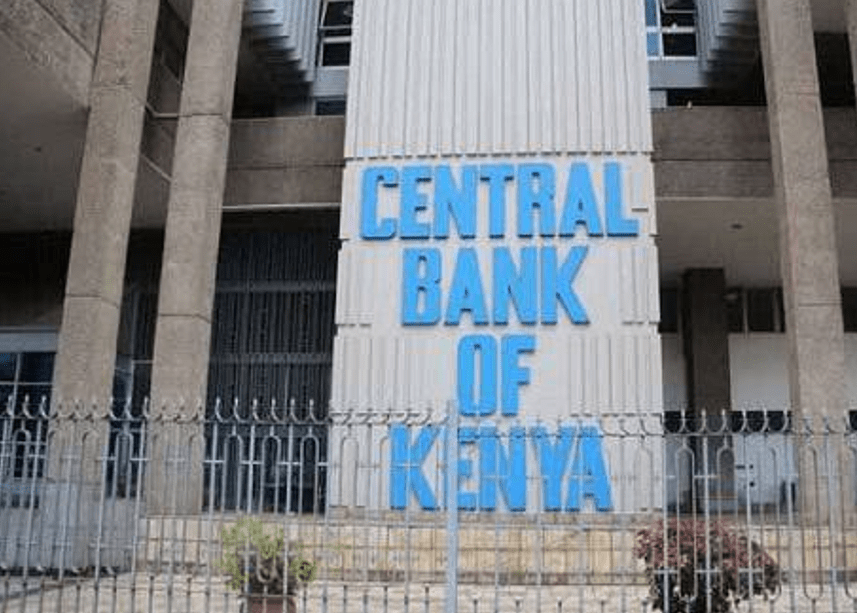It is hilarious to see banks scrambling to cut interest rates on loans after the Central Bank of Kenya summoned industry CEOs to explain why they were yet to comply with the regulator’s directive on loan pricing.
In the past two weeks, banks have been reporting super profits for the third quarter of the year, with one coming to within smelling distance of catching up with Safaricom, which has been an outlier for decades. Whereas there is nothing wrong with an organisation — or industry — driving its profitability aggressively, these numbers should be derived from playing by the rules, not at the expense of the public. This year, however, banks have conspired to throw the rules of engagement out the window.
Whereas capitalism acknowledges the might of the haves over the have-nots, it is imperative for the government to wield a big club in the faces of businesses that make a pretty penny from ignoring the rules of engagement and the laws of the land. In Europe, businesses, and banks, that in the past failed to play by these rules were known as “robber barons”. This, unfortunately, is the route that Kenyan banks have been taking since May when the Central Bank’s Monetary Policy Committee (MPC) first announced a reduction in what is known as the Central Bank Rate (CBR). This is the rate that the regulator sets for banks, which are then allowed to add a specific markup when they are lending to either individuals — who borrow mostly to meet their consumption needs — or businesses, which borrow to expand operations.
In an ideal world, revised CBR rates ought to apply to new loans. This is because when a borrower enters into a contract with a bank, they agree upfront on what the interest rate will be. In Kenya, however, banks adjust their loan rates — for both new and existing facilities — every time the CBR is adjusted either way. But of late they have only been increasing the rates every time CBR goes up. When it goes down, they presume nothing has happened.
Earlier this year, as reported by the Nairobi Law Monthly, courts ruled that before a bank can raise interest on an existing loan, it must first seek clearance in writing from the Cabinet Secretary for Treasury, after which it must notify the borrower, again in writing, before implementing the revised rates. There is, however, no evidence this is being done or it is still business as usual.
A new problem emerged this year after banks decided to turn a blind eye and a deaf ear to the policy directives issued by the Central Bank. The MPC has in its past two consecutive meetings lowered the CBR, but banks assumed that the MPC was merely entertaining itself and thus failed to act accordingly. Now that their CEOs have been summoned about this anomaly, they have started lowering the rates ahead of the meeting, which means they are only interested in ticking a box. And that is why CBK must fine them heavily, first to re-establish its authority and second to send a strong signal that there is no room for robber barons in the banking sector.
Borrowing is one way of creating wealth and value in an economy. As such, the pricing of loans is critical to the growth of the economy, to uplifting the standards of living in communities and in driving revenues for the State. When banks choose to ignore the formula set by their regulator, they are not only hurting their customers but in fact interfering with the fundamentals of the economy. This is an economic crime.
Consider, for instance, that the announcement of the super profits that banks made came just days before the Kenya National Bureau of Statistics revealed that in 2022, the number of Kenyans who dropped into the pits of poverty had increased to 20.16 million. That means there was a general decline in the economic wellbeing of households, driven in part by unemployment and a high cost of living. Unreasonable lending rates contribute to the latter because they make it harder for families, individuals and businesses to borrow. Even after borrowing, repaying becomes a herculean task on account of high interest rates not anchored on the CBR. Which is why banks must be fined for this illegality.
— The writer is the Editor-in-Chief of the Nairobi Law Monthly and Nairobi Business Monthly; [email protected]

















